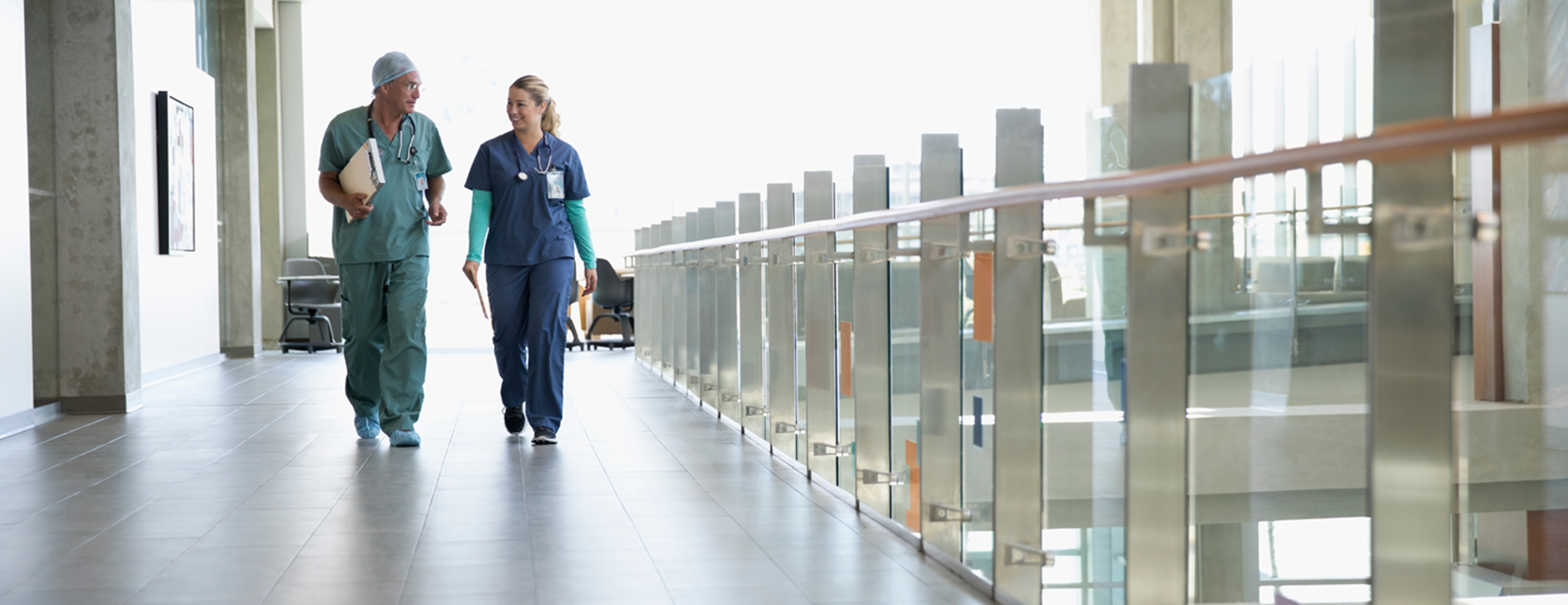
PET-CT Scanning
Positron emission tomography (PET) and computerized tomography (CT) are two imaging tools that allow doctors to pinpoint the location of cancer within the body. PET-CT combines the two techniques to more accurately diagnose and locate disease.
The PET scan detects the metabolic signal of actively growing cancer cells in the body and the CT scan provides a detailed picture of the internal anatomy that reveals the location, size and shape of cancerous growths. When the results of PET and CT scans are combined, the image provides complete information on cancer location and metabolism.
PET-CT scans are used for diagnosing cancers including:
- Breast cancer — Fluorodeoxyglucose positron emission tomography (FDG PET) may show breast cancer cells not detected by other methods.
- Colorectal cancer — Regular monitoring with PET scans, which detects changes in the function of cells, can identify recurrences of colorectal cancer earlier than conventional scanning.
- Ovarian cancer — PET-CT may more accurately stage ovarian cancer and enable doctors to determine if cancer has spread to nearby lymph nodes without surgery.
How to Prepare
Clothing — Wear comfortable clothing, free of metal such as zippers and snaps.
Food and Drink — You should not consume anything except water for six hours prior to the scan.
Medications — You may take your regularly scheduled medications prior to arriving for your scan, if they can be tolerated on an empty stomach. Bring a list of your medications to your appointment.
Procedure — You will receive an injection of a radioactive tracer, which will take about an hour to disperse through your body. You will lie down on the scanner bed. The scan takes about 30 to 45 minutes. The entire procedure will take about two hours.
After your scan — Drink plenty of fluids after your scan. A radiologist will interpret your PET-CT scan. Results are usually sent to your doctor within one to two days. Contact your doctor to discuss the results.
Review Date: 09/21/2010





